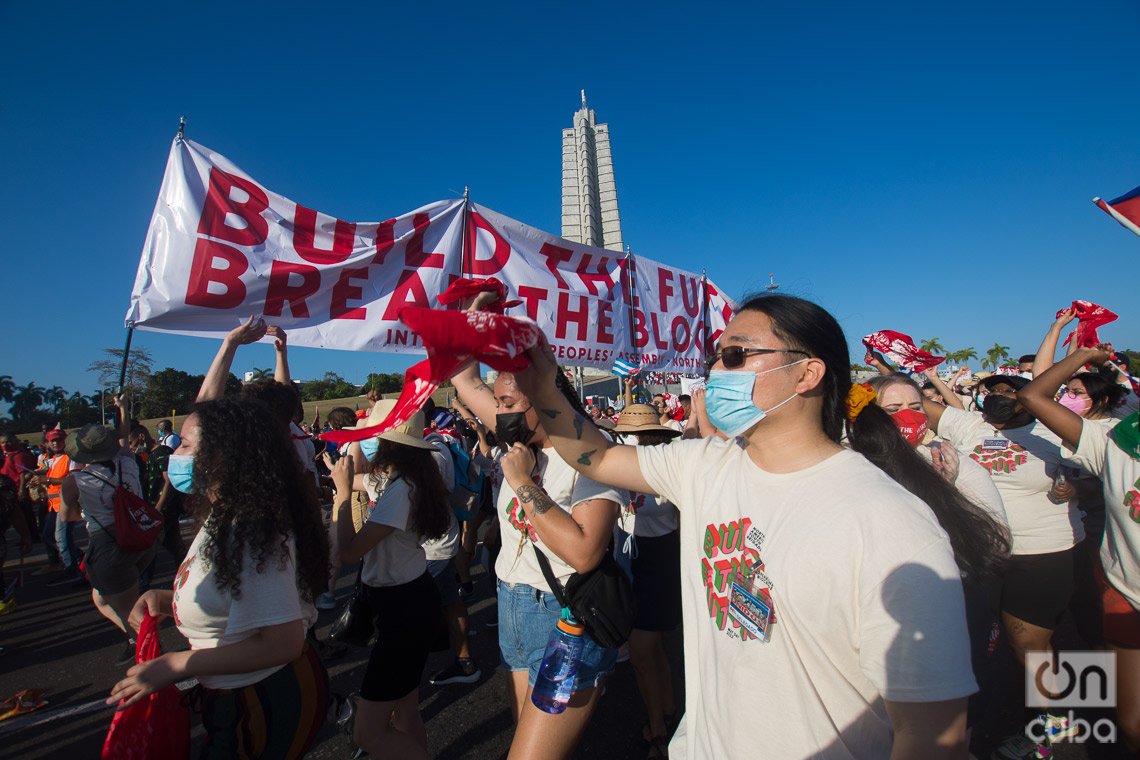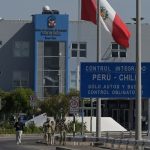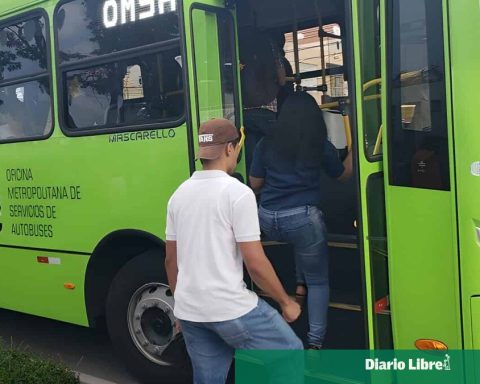The Cuban authorities announced this Tuesday that due to the shortage of fuel The parade for Workers’ Day, which traditionally takes place every year, was canceled this year. 1st. of May in the José Martí Revolution Square, in Havana.
Ulises Guilarte de Nacimiento, general secretary of the Central de Trabajadores de Cuba (CTC), reported at a press conference that the usual concentration will be replaced on this occasion by acts of a local nature in communities, labor and student centers, according to a note published by the official website Cubadebate.
In the case of the capital, he said that there will be an act on the Malecón in Havana with the objective that the residents of the five most central municipalities can participate and that they can move on foot to the place of concentration.
“The fuel situation determines the announced change,” Guilarte de Nacimiento told the media.
Traditionally on the day thousands of Cubans arriving from all the Havana municipalities and neighboring provinces congregate in the José Martí Revolution Square thanks to the use of a comprehensive transportation system in order to facilitate their transfer to the parade area.
Except for the suspension for reasons of the health situation caused by the COVID-19 pandemic, these large concentrations were considered year after year by the Cuban government a symbolic display of popular support amid the conditions in which the population has lived.
Cuba has been experiencing an acute crisis for two weeks due to the scarce availability of different fuels, especially gasoline and diesel.
At the beginning of last week, the Government reported that the fuel distribution and marketing problems will continue, at least, until May and attributed the situation mainly to the “non-compliance” of the suppliers.
The fuel crisis in Cuba will last until May, reports the Government
Faced with this scenario, the authorities announced a group of measures to avoid total shortages such as restrictions on the quantities for the sale of gasoline and diesel to owners of private vehicles and non-prioritized state vehicles.
The long queues at gas stations have continued throughout the country, and the shortage has resulted in a notable decrease in public transport, price rises for private carriers, and the forced adaptation of part of the activities of social life and economic.
This weekend five Cuban universities announced that between April 24 and 28 its students would go on to receive classes virtually due to the impact of the fuel crisis.
According to the published notes, the modification in the planning of teaching activities would be in force in these centers during the current period of energy contingency.














